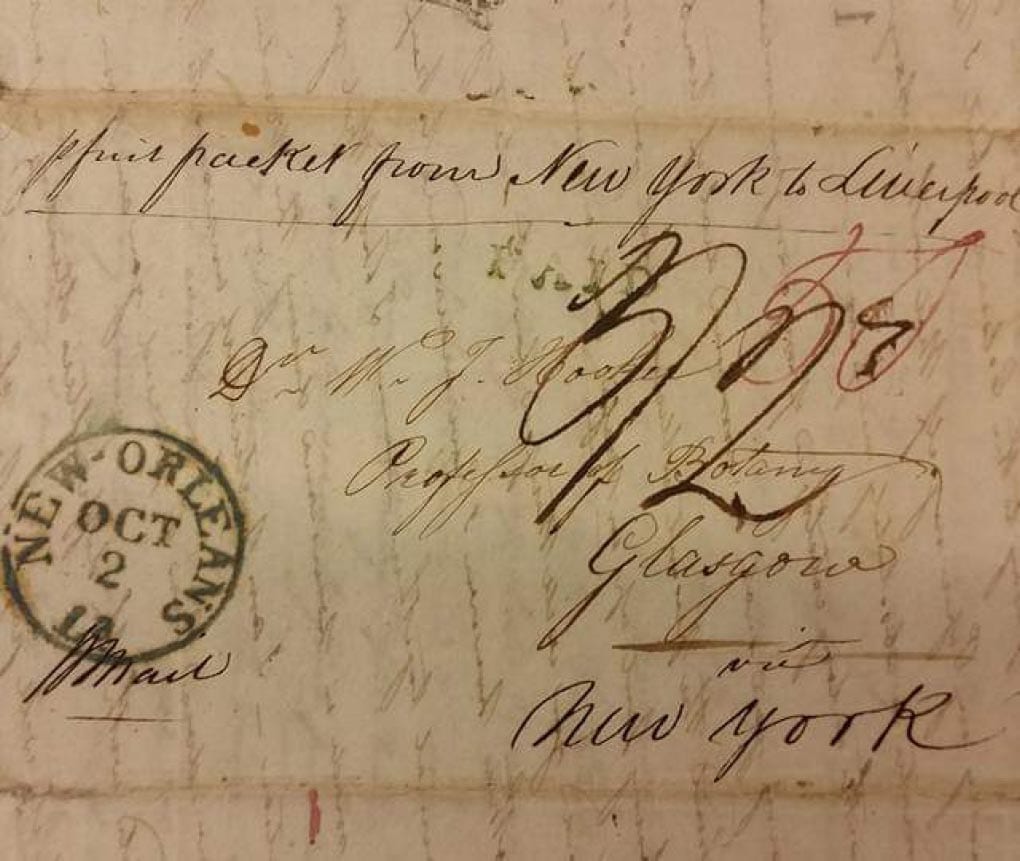“Don’t tell me the moon is shining; show me the glint of light on broken glass.”–Anton Chekov
This writing workshop and masterclass focuses on the ways figurative language adds pop and spark to your narrative nonfiction. Whether you just want an educational and entertaining refresher course or are new to this technique, your writing will be enhanced with examples from poets Taylor Swift, Emily Dickinson, Gary Snyder, Maya Angelou and many more.
Writers use figurative language to heighten understanding of thoughts and feelings. Figurative language gives body and shape to sometimes abstract ideas. The right metaphor, the apt simile, the exact personification and more can snap ideas into visual forms and have great impact, meaning, and feeling. Similes, metaphors, and more can transform feelings, observations, and ideas from abstract concepts into concrete ideas. Figurative language elevates and enhances the emotional significance of passages. It can turn prose into poetry and make the reader savour and linger over your writing.
This lively writing workshop introduces eight different types of figurative language with memorable examples in music, poetry, and literature. We will enjoy music, poetry, and literature to examine how figurative language can enhance our own writing. These include great examples of metaphors, similes, personification, onomatopoeia, hyperbole, alliteration, and assonance. You will have the opportunity to try your hand at figurative language to understand how to add depth and colour to your ideas.
LEARNING AIMS
- Identify and practice a range of figurative language
- Understand how figurative language works to render abstract ideas concrete
- Practice writing different kinds of figurative language to visual prompts
- Read great examples in literature of figurative language
- Enjoy a supportive global writing community
TUITION & TIME
- £40
- 5-7 PM BST
- Saturday, May 25
“Kathryn Aalto is a gift. Her mentoring is insightful, collaborative, and inspiring. Kathryn has helped shape my essay for submission and, most importantly, coached me to a deeper appreciation for my own intuition and skill as a writer.” – Kris, Ithaca, New York
TEACHING PHILOSOPHY
My teaching philosophy is focused on encouraging a uniquely personal exploration of narrative nonfiction and its techniques, tools, and approaches. At its core, I believe teaching is about responding to each student, whether they are emerging writers or writing beyond the level of content mastery. I create a supportive learning environment that fosters creative expression, critical thinking, and individual artistic growth.
TEACHING EXPERIENCE
I am a passionate practitioner and teacher of narrative nonfiction. For more than twenty-five years, I have taught writing and literature courses at colleges and universities including Western Washington University, Everett Community College, and Plymouth University. I have a global mentoring practice, thriving online writing courses, and lead in-person retreats, courses, and workshops throughout the United States and Britain.
